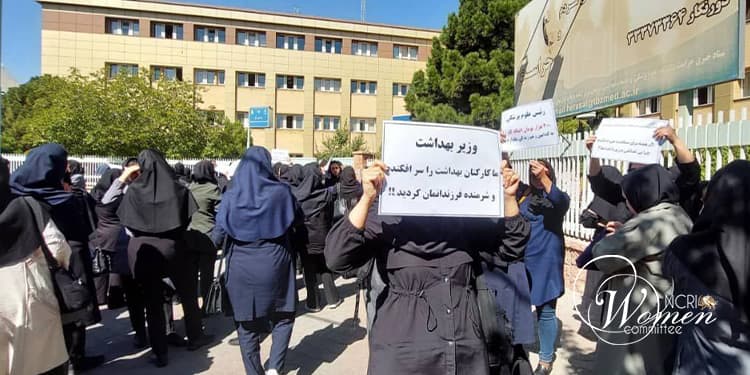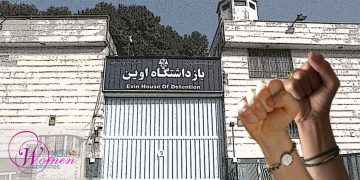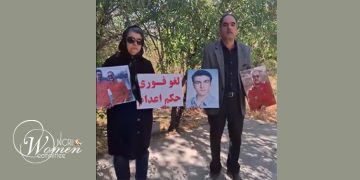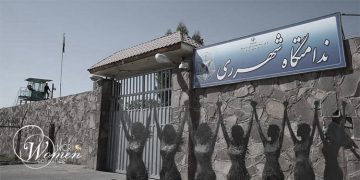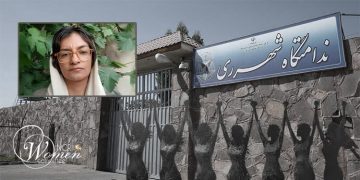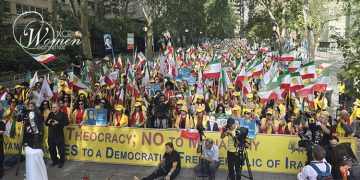In recent days, a new wave of labor and sectoral protests has swept across Iran—from teachers and applicants for the national education recruitment exam to healthcare and medical staff. The common thread running through all these demonstrations is the demand for justice, equality, and an end to officials’ indifference toward basic professional and economic rights.
On Tuesday, September 30, groups of teachers and candidates for the Ministry of Education’s recruitment exam gathered in front of the ministry building in Tehran. As in many recent social protests, women stood at the forefront, raising their voices against systemic discrimination. The street turned into a platform for dissent, echoing with the central slogan:
“We saw no justice, we only heard lies.”
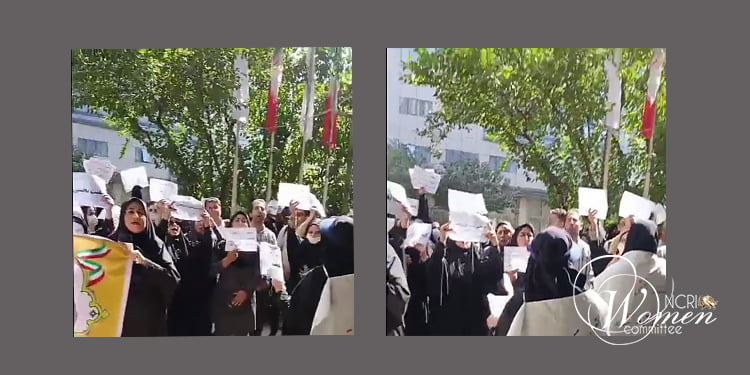
Protesters accused the authorities of incompetence and institutionalized discrimination. They highlighted the delayed administration of the exam, the drastic reduction of promised hiring quotas (11,000 instead of the previously announced 30,000), the sudden addition of 30 unrelated study materials, and the widespread rejection of candidates despite their high scores. Furthermore, preferential quotas and marital-status advantages left ordinary applicants largely excluded. Out of the 11,000 announced positions, only three to four thousand were filled—mostly by quota beneficiaries.
At the same time, healthcare workers in Tabriz also staged demonstrations. Women nurses and medical staff comprised a significant portion of the protesters, who denounced meager wages and worsening living conditions. They stressed that the government’s neglect of professional rights and livelihood concerns has imposed unbearable pressure on healthcare personnel, making the situation unsustainable.



